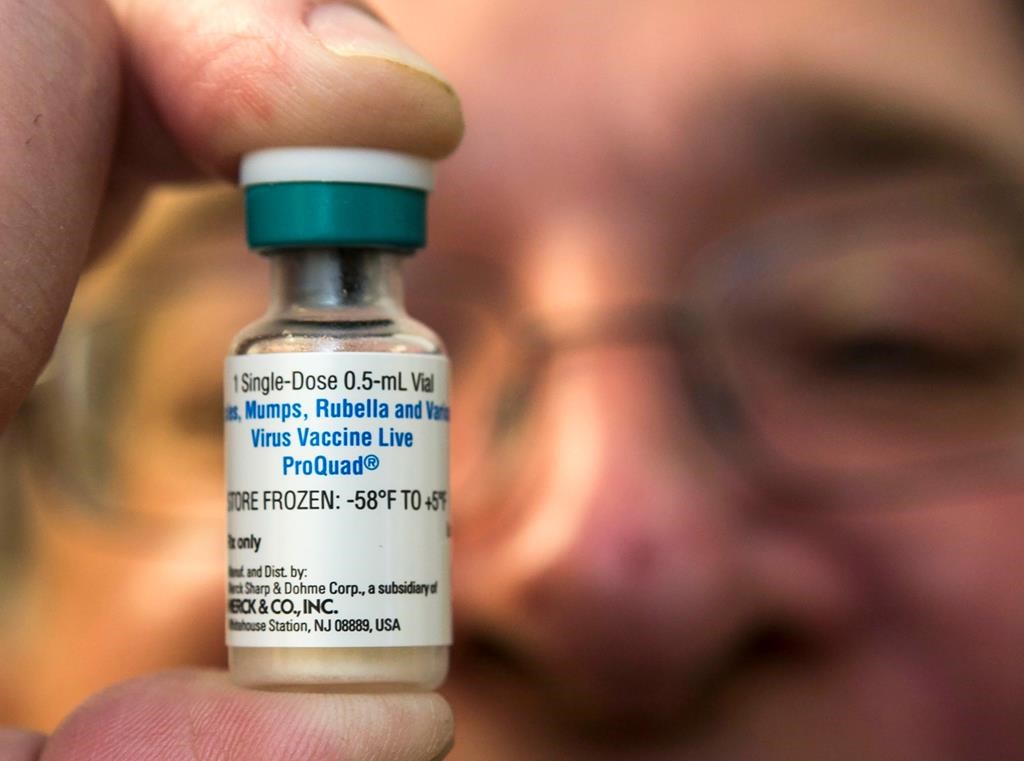A committee of the New Brunswick legislature has voted to remove the notwithstanding clause from a controversial bill on mandatory vaccinations for children in schools and daycares.


Liberal committee member Chuck Chiasson brought forward a resolution to remove the clause during a meeting on Tuesday.

Get weekly health news
Chiasson says it was unanimously accepted by members of the all-party committee, including members of the governing Progressive Conservatives.
He says the Liberals opposed the inclusion of the notwithstanding clause because it would eliminate any chance of a court challenge under the Charter of Rights and Freedoms.
However, Tory Premier Blaine Higgs previously said the clause was needed to shield the legislation against charter challenges, including sections covering freedom of religion.
Chiasson says the bill remains in debate with the committee and could go back to the legislature for final reading as early as Thursday, although it’s not clear at this point what the government will ultimately decide.
“I’m feeling it’s going to go either way and it’s going to be a close vote – all parties are basically having a free vote,” said Chiasson when asked how the final vote would go.
New Brunswick’s Act Respecting Proof of Immunization would require children in public schools and licensed daycare facilities to provide proof of immunization or an exemption signed by a medical professional. Currently, non-medical exemptions are allowed.
If passed, it is to take effect in the 2021-22 school year.
The province held three days of public hearings last August that heard from supporters and opponents from across Canada and the United States.
This report by The Canadian Press was first published June 17, 2020.







Comments